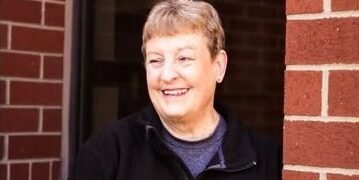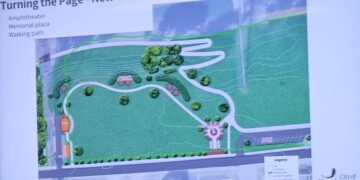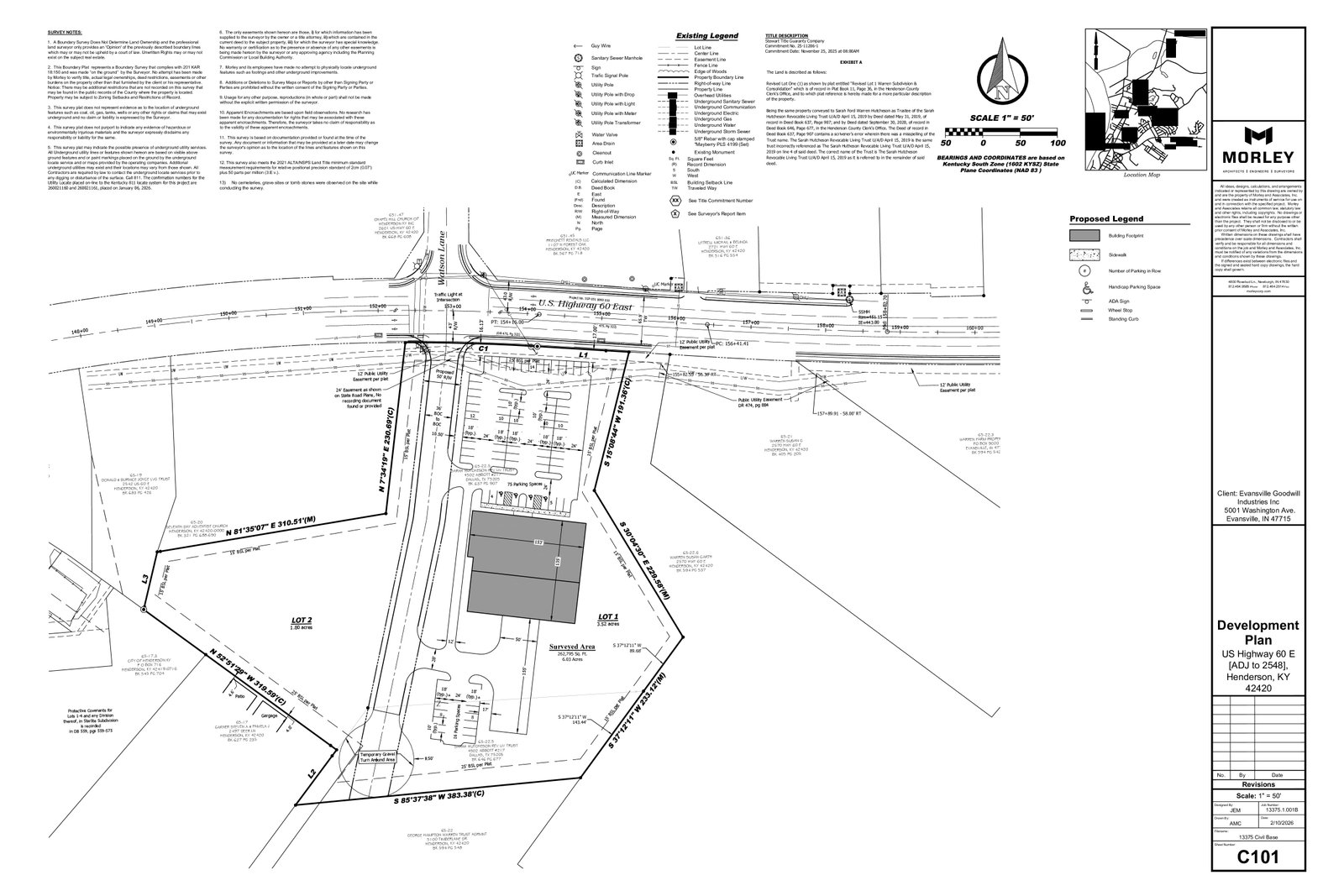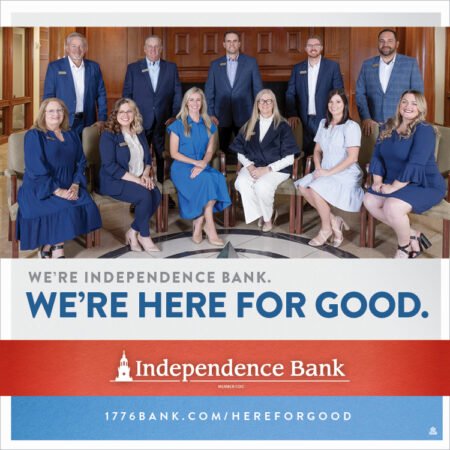Courtesy of Kentucky Lantern
Driving from the Lantern’s office in Frankfort to my house in Lexington, I’m often snagged by a couple of red lights, where I avoid eye contact with the person standing on the corner holding a cardboard sign asking for money.
One of the luxuries of city life, I suppose, is keeping some people no closer than your peripheral vision — and thoughts.
That luxury is less available in small towns, where the person on the street is not anonymous but someone you once worked beside on the line at the poultry plant. Or someone who reminds you of your child or mother. Or someone who’s sleeping in your church’s parking lot.
Today we begin a series of stories from one such Kentucky place.
It’s a small place that looms large in the imagination because of its musical heritage. It inspired John Prine to sing “Oh, daddy, won’t you take me back to Muhlenberg County” in his anti strip-mining anthem “Paradise.” Not much more than 30 miles from the cradle of bluegrass music, Bill Monroe’s Rosine, Muhlenberg County contributed a guitar style — thumb-picking — made famous by native son Merle Travis, who also wrote the GOAT of coal mining songs: “You load 16 tons, what do you get? Another day older and deeper in debt.” Don and Phil Everly — the chart-topping Everly Brothers — trace their lineage to Central City.
Muhlenberg County is not extraordinary, though, in another respect: The struggle to come to terms with what it owes the people whom many of us (me included) conveniently keep on the far outskirts of our minds. I’m confident we’d find similar stories and conflicts across Kentucky, in state capitols and all the way to the debates raging right now in Washington, D.C.
These very personal stories introduce us to people who don’t avoid eye contact, who see the “campers” and couch surfers and evicted as neighbors. And, most emphatically, not as eyesores or threats.
These stories are about a shortage of services and housing, made worse by a surplus of untreated addiction and trauma.
Reporter Liam Niemeyer and I are sorry that some officials were unwilling to talk to him. Liam reached out via email, phone messages and dropping by. And it’s not too late. Their perspectives are important; we need to hear them, especially those of people who hold elected office. I recognize that solutions are not obvious, simple or inexpensive.
We are able to tell such intimate stories because Liam has spent a lot of time getting to know the people and the place. We weren’t sure what the story would be in the summer of 2023 when, pursuing an idea sparked by a report in a local newspaper, Liam spent a day with several people in Muhlenberg County who lacked housing. He also began to meet local people who wanted to help. As he stayed in touch by phone and in person, we knew we had a story worth telling even as we wrestled with how to tell it.
I hope you will find our efforts worthwhile as you meet Mallie and Gwen, Courtney and Jennifer, Zachary and the cantankerous but lovably philosophical John Paul.
We hope these personal stories will inform and inspire policy discussions and the search for solutions.
Kentucky Lantern is part of States Newsroom, the nation’s largest state-focused nonprofit news organization.

















